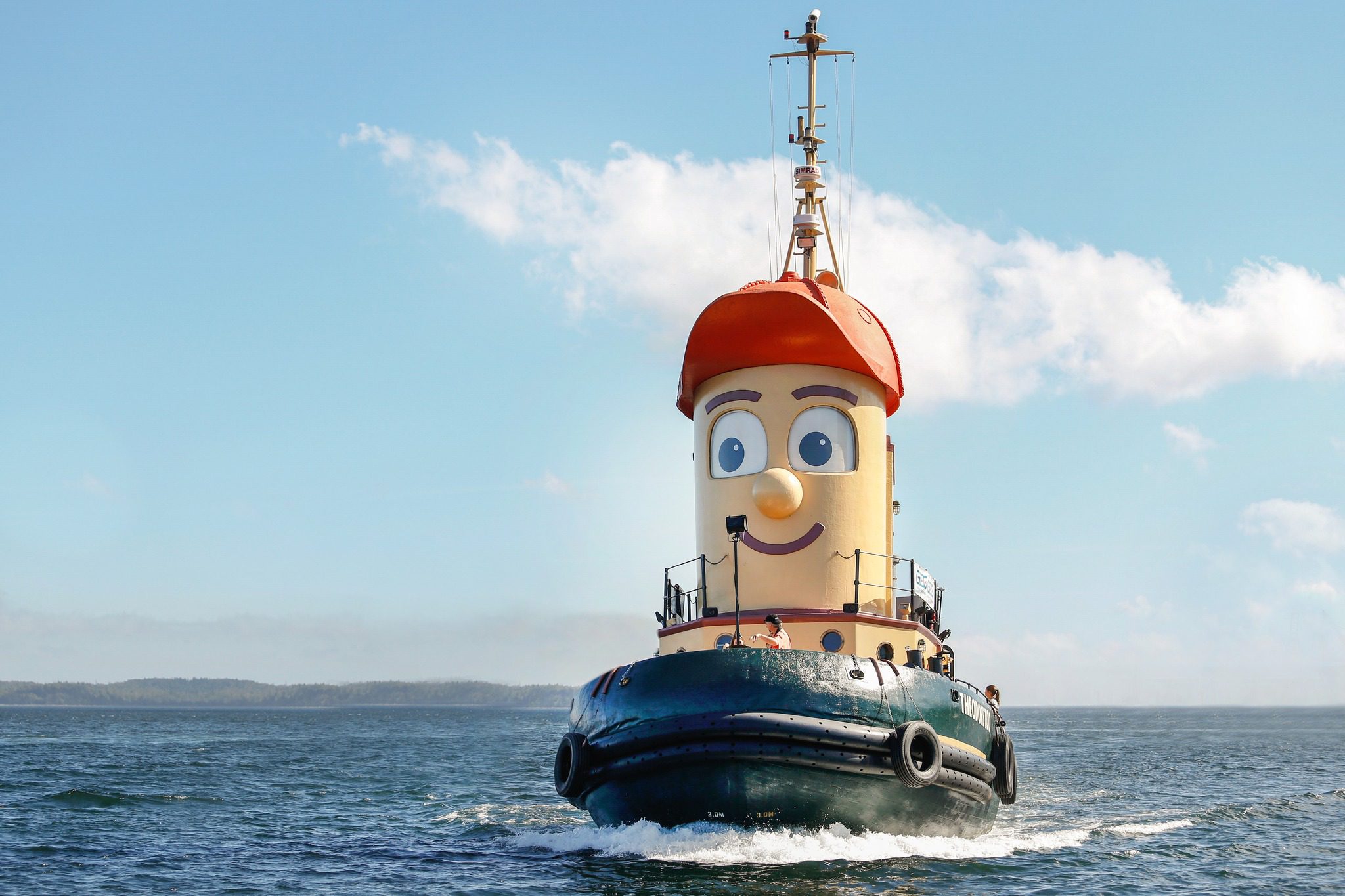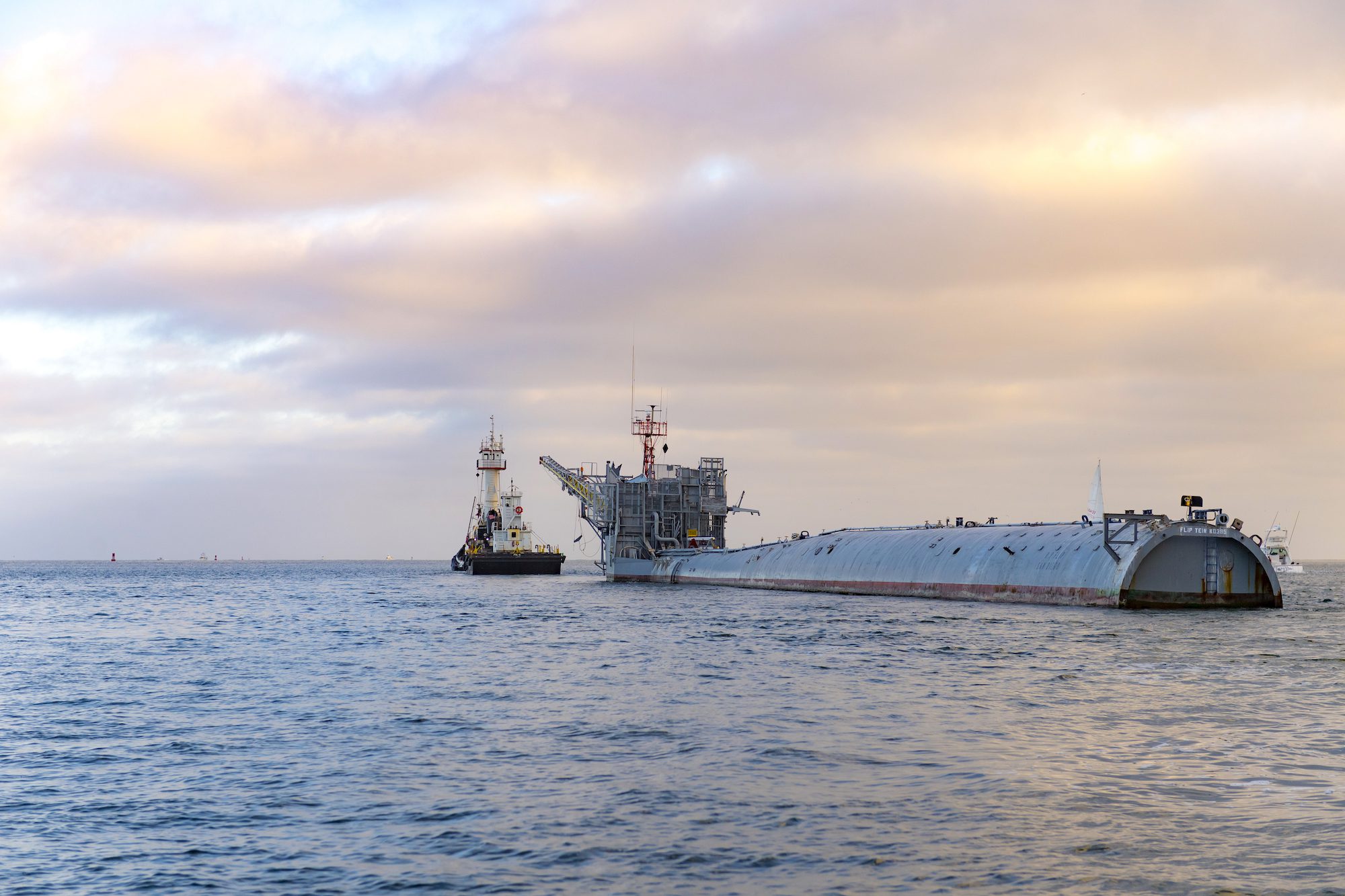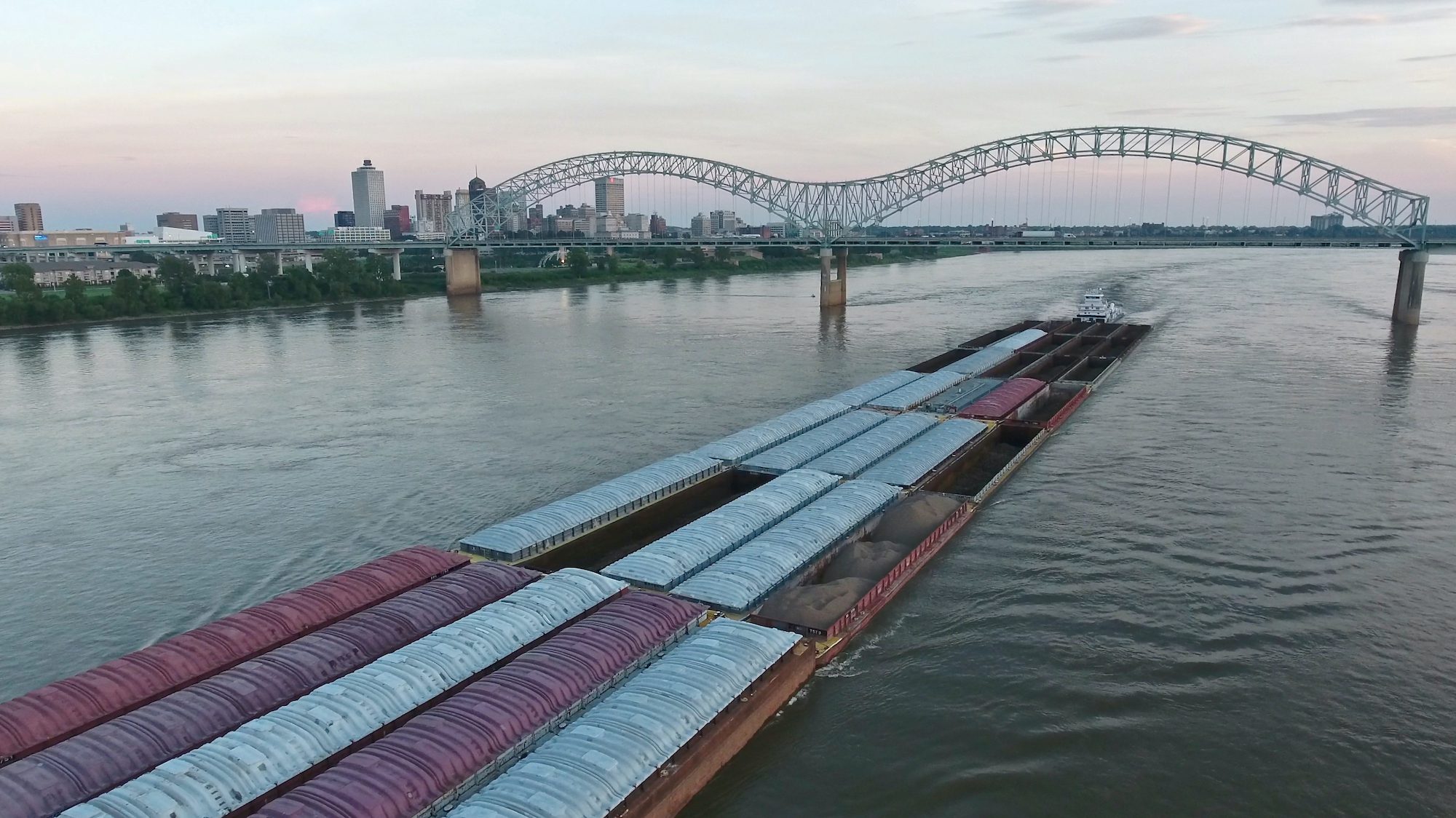 [dropcap]S[/dropcap]tricter rules and standards in design and materials will help companies and shipyards fit sturdier fire and lifesaving equipment says Lloyd’s Register’s Principal Statutory Specialist Sam James
[dropcap]S[/dropcap]tricter rules and standards in design and materials will help companies and shipyards fit sturdier fire and lifesaving equipment says Lloyd’s Register’s Principal Statutory Specialist Sam James
The worrying toll of problems and accidents caused by poorly-designed fire and life-saving equipment (LSA) makes it doubly important for the marine industry to forge better rule-sets to reduce the number of future incidents.
By pinpointing specific design faults, or gaps in the applicable requirements, testing, certification and survey material, poor equipment designs can be compared against existing test standards to identify why they are not fit for purpose.
It is also crucial that designers and manufacturers improve the design of products to ensure their suitability and lasting performance and reduce the potential for failures and accidents. These improved regulations and test standards will ensure that the marine equipment supplied – either of existing or novel designs – to owners and shipyards meets its performance requirements and is therefore fit for purpose.
Alternative materials
As the marine industry strives to improve energy efficiency we can expect ship operators to seek increasingly fuel-efficient designs. One way to achieve this will be to reduce the lightship weight of vessels through the use of exotic construction materials such as fiber reinforced plastic (FRP). Obviously, by using these materials shipbuilders are straying from materials that have well-understood performance characteristics such as steel. Increased focus on ship recycling, and the costs of ship demolition, will also encourage owners to request construction materials that will minimize both environmental and cost implications.
To ensure ships constructed from these materials are safe Lloyd’s Register will be studying:
- The alternative materials to be used and their characteristics;
- Structural integrity (through life);
- Performance of the materials in a fire;
- Medium-term development of materials that have inbuilt fire-retardant properties.
The comprehensive assessment of these materials at an early stage will ensure the implications and limitations of their use are fully understood, and enable evaluation of proposed applications to be conducted quickly and robustly. Acceptability criteria and applicable regulations will then be developed.
These systems are designed to help ship operators and ships’ staff decide what they need to do in a range of emergency situations including fire, flooding and grounding. They include the ability to evaluate the survivability of the vessel in these situations and on this basis to make suggestions for actions that will improve the vessel’s survivability and, in some cases, to initiate the actions themselves. These systems, although the most practical way to assist a master in a casualty situation, are currently unregulated but their significant impact on ship safety is bringing them under the regulators’ spotlight.
 Lloyd’s Register and our industry clients are investigating the establishment of rules and regulations to help address safety issues and make sure they remain practical. This will involve:
Lloyd’s Register and our industry clients are investigating the establishment of rules and regulations to help address safety issues and make sure they remain practical. This will involve:
- The identification of available systems including their interaction with control engineering, safety management systems, casualty management and communication systems;
- The development of acceptance criteria for usability and performance criteria;
- Involvement in the development of regulations covering new and emerging technology.
These actions will ensure that equipment supplied by manufacturers worldwide continues to satisfy the functional requirements while remaining simple, robust and fit for purpose for the duration of a
ship’s life.
Republished with permission from Lloyd’s Register Horizon’s magazine

 Join The Club
Join The Club












